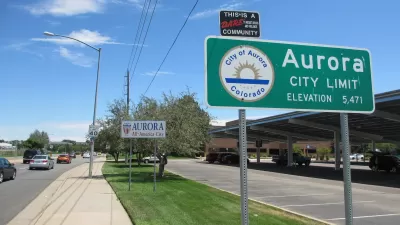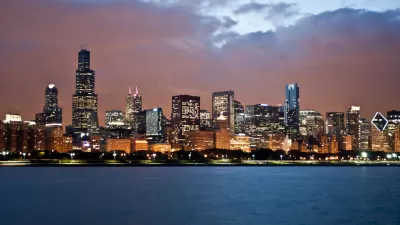Germany has reformed building codes in a marshaling of political will known as the "Culture of Welcome" for an expected one million refugees. German cities, many of them shrinking for decades, see the refugees as an opportunity and a responsibility.
"Over the past several weeks, scores of German cities, big and small, east and west, have begun jumping over one another to receive and settle as many refugees and migrants as they can get – often for purely self-interested reasons," according to an article by Doug Sanders.
Why? "Some want to rebuild their labour force or tax base; others simply want to fill up abandoned housing tracts or military bases, even if they’re in the middle of nowhere. And others are simply trying to get a slice of the funding announced by Berlin to build hundreds of thousands of homes in a few months."
How? "Two weeks ago, ministers met to rewrite the country’s rigorous building code to allow for lower standards of housing so that hundreds of thousands of prefab homes can be built under government contracts in months."
The article includes more about the local economies of these cities and how they are paving the way for the expected arrival of one million refugees by the end of the year and even more in 2016.
FULL STORY: Why German mayors are leading the migrant welcome wagon

Alabama: Trump Terminates Settlements for Black Communities Harmed By Raw Sewage
Trump deemed the landmark civil rights agreement “illegal DEI and environmental justice policy.”

Study: Maui’s Plan to Convert Vacation Rentals to Long-Term Housing Could Cause Nearly $1 Billion Economic Loss
The plan would reduce visitor accommodation by 25% resulting in 1,900 jobs lost.

Planetizen Federal Action Tracker
A weekly monitor of how Trump’s orders and actions are impacting planners and planning in America.

Waymo Gets Permission to Map SF’s Market Street
If allowed to operate on the traffic-restricted street, Waymo’s autonomous taxis would have a leg up over ride-hailing competitors — and counter the city’s efforts to grow bike and pedestrian on the thoroughfare.

Parklet Symposium Highlights the Success of Shared Spaces
Parklets got a boost during the Covid-19 pandemic, when the concept was translated to outdoor dining programs that offered restaurants a lifeline during the shutdown.

Federal Homelessness Agency Places Entire Staff on Leave
The U.S. Interagency Council on Homelessness is the only federal agency dedicated to preventing and ending homelessness.
Urban Design for Planners 1: Software Tools
This six-course series explores essential urban design concepts using open source software and equips planners with the tools they need to participate fully in the urban design process.
Planning for Universal Design
Learn the tools for implementing Universal Design in planning regulations.
Caltrans
Smith Gee Studio
Institute for Housing and Urban Development Studies (IHS)
City of Grandview
Harvard GSD Executive Education
Toledo-Lucas County Plan Commissions
Salt Lake City
NYU Wagner Graduate School of Public Service




























